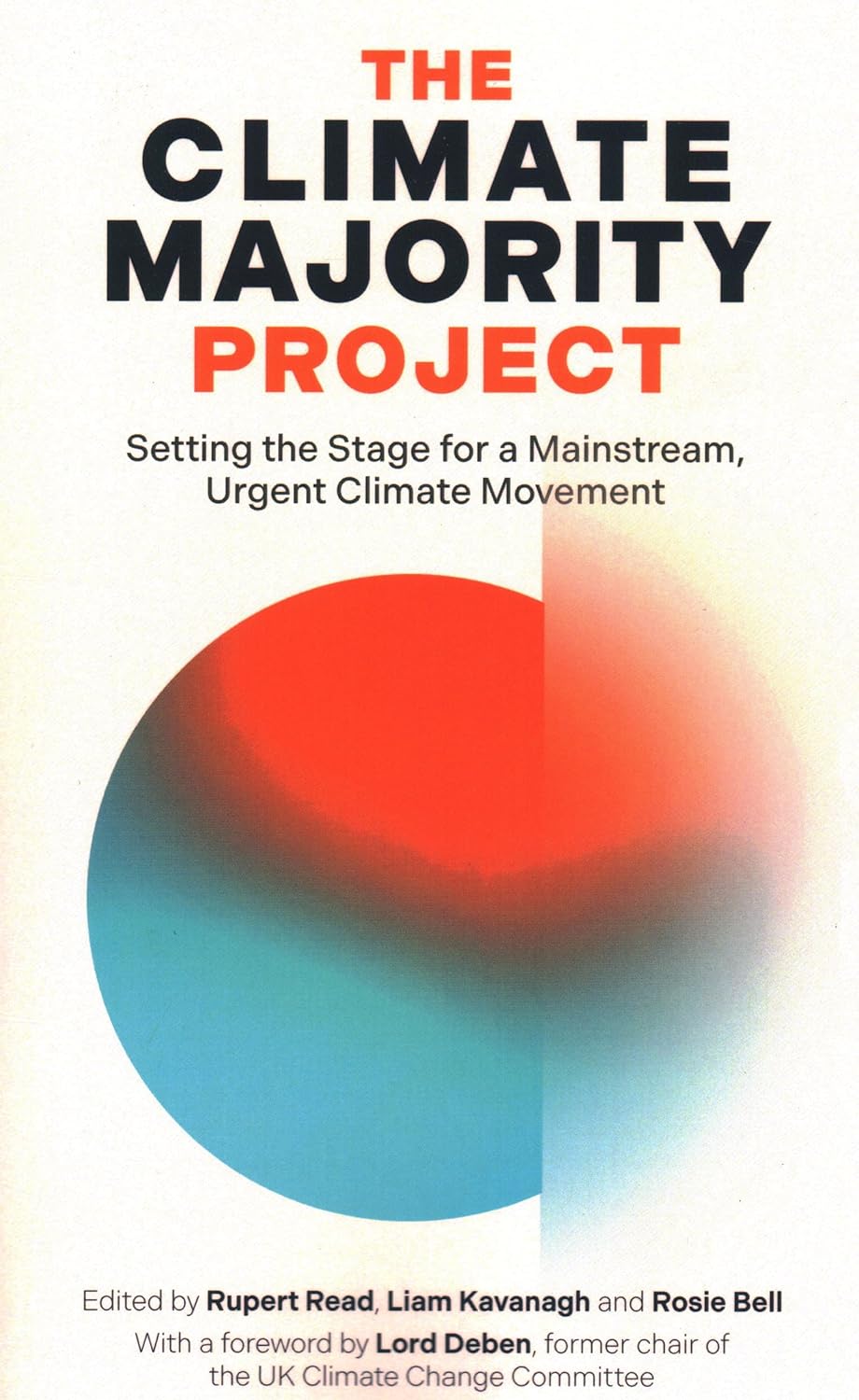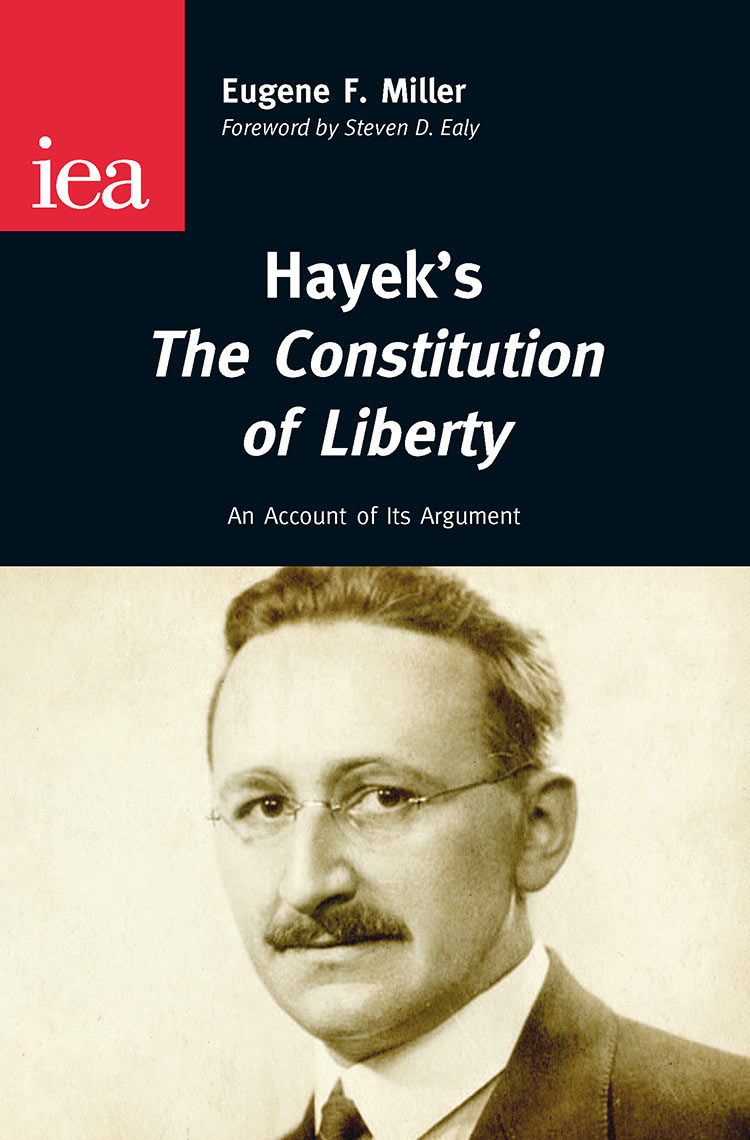Perspectives are essays on big ideas by leading writers, each given free rein and a modest word limit to reframe an issue of great contemporary interest. – Diane Coyle, Series Editor
Britain invented the modern industrial city in the nineteenth century, but by the late twentieth century most British cities had become basket cases. Today London overshadows the rest of the country, as the UK’s only ‘world city’. No other large country is anything like as economically and politically centralized. This concentration of power damages Britain’s economy and fuels the sense of discontent felt by the millions of people for whom the capital seems like another planet.
Yet it is cities that are fuelling economic growth around the world. There are signs that several of Britain’s cities are growing once again, but there is a big gap between their performance and that of other cities in the developed world.
Why did Britain’s cities – once the engines of the industrial revolution and the envy of the world – decline so dramatically? What is fuelling their tentative revival? And what needs to be done if our major cities are once again to be the engines of Britain’s economy? This book answers these questions, looking at the lessons of the last 200 years. These must be heeded if we are to have any hope of Britain’s cities delivering the same prosperity post-Brexit as they did during the UK’s first rise to global power.
Praise for Britain’s Cities, Britain’s Future
‘Mike Emmerich has been a passionate voice for the exciting, albeit still very limited, devolution that has taken place in the past couple of years in England. The fact that this devolution was led by Greater Manchester, where Mike was at the centre of the group that persuaded Whitehall to go down this path, suggests that his ideas on, and enthusiasm about, the project should be read by anyone interested in the topic. As someone who was motivated and supported by Mike during this journey, I hope his publishing a book on the issues adds to the devolutionary momentum and helps deliver some of the things he calls for.’
Lord Jim O’Neill, former Commercial Secretary to the Treasury and former Chair of the Cities Growth Commission
‘This book is a timely reminder that Britain’s cities continue to need development and powers to craft their own futures. This is seen as a risk at the centre, where giving away power seems foolhardy. But the benefits of allowing our cities beyond London to shape their own investment programmes and build their own business networks is exemplified by how Manchester, where Emmerich has been based for many years, has revived and regained its confidence.’
Bridget Rosewell, Senior Adviser at Volterra Partners and Commissioner on the National Infrastructure Commission
‘In this absorbing book, Mike Emmerich draws on his extensive experience in central and local government and on a wealth of historical, political and economic literature to explain what has happened to Britain’s cities and how urban policy could and should respond.’
Professor Henry G. Overman, London School of Economics
Mike Emmerich is one of Britain’s leading specialists on cities. After twenty years spent in public service at HM Treasury and 10 Downing St, and then in Manchester where he played a leading role in creating the devolution revolution, Mike now runs his own company advising cities in and beyond the UK on urban economic policy and governance.







